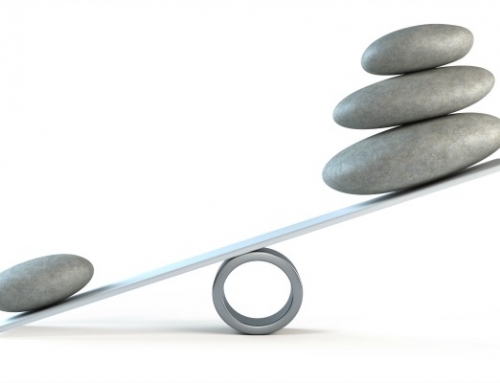Are you counting down the days until your retirement?
Are you dreaming of a life without deadlines, demands or expectations?
Are you looking forward to not having to set an alarm clock?
Most people are in fact dreaming of a retirement in which they get to play, pursue hobbies and develop new interests.
Finally, you get to be the master of your own fate. You get to decide what you want to do, when you want to do it and how you want it to get done.
If you are like most people, you may long for this type of freedom. And when you reach retirement you will thrive in your new environment.
But for others amongst us, this new found sense of freedom can actually feel like a liability. All of the free time that is now at our disposal can feel overwhelming. And having to fill it with things to do can be an emotionally daunting task.

I have heard people describe the transition from work to retirement as a trauma.
One woman in my coaching practice told me that for her retirement felt like an amputation. Retirement left her feeling hollow.
It is the irony of life. It is only when we lose something do we realize its value.
Do you like what you do?
Do you enjoy your work colleagues?
Do you thrive on solving difficult and challenging mental tasks?
Many of us would describe our working lives as frantic and out of balance. Work occupies so much of our time that we barely get the opportunity to pursue other activities. So we long for the day when we can be freed from such obligations.
Yet, the paradox lies in the reality that too few demands and no responsibilities also leads to the very same feeling of being out of balance. Only now, we would describe our lives as having to few responsibilities and not enough demands.
We are just trading one imbalanced life for another.
If such a scenario rings true for you, then spend some time thinking about what WORK means to you. What benefits do you derive from your job other than money.
What financial experts fail to tell us is that we need to plan for life beyond the nest egg.
Now that we are living longer and healthier lives we need to plan for how we are going to spend the next 20 to 30 years. Back in the day when retirement lasted five years, if one was lucky, all one needed to focus on was financial planning.
However, being the beneficiaries of advances in medicine and technology means that we now have to plan for a longer retirement. That requires marinating in some very important questions such as how do I want to spend my time in this next life phase.
Be sure to focus on the benefits you derive from work because the wisdom my friends is planning for how you are going to replace those benefits once you leave the workforce.
Be honest with yourself.
You can only start planning how you are going to replace those golden nuggets that you derive from work, in retirement if you recognize all that work provides you.
If you love being cognitively challenged, how you will you meet that need once you retire?
If you enjoy the status you have at work- how will you feel when you no longer have the corner office or that title on a business card?
Maybe you will choose to devote your time to your favorite charity and chair their annual fundraising event.
Or maybe you will devote your time to habitat for humanity.
You may even surprise yourself and decide that you don’t want to retire.
Spend some time thinking about these questions. You will be glad you did, and your transition from work to retirement will be much smoother.
To your retirement success!
Gill
Thinking about retirement but not so sure if you are ready to leave work? Reach out to me at gill@rewiretoretire.com and we will see if a more personalized approach to retirement planning is for you




